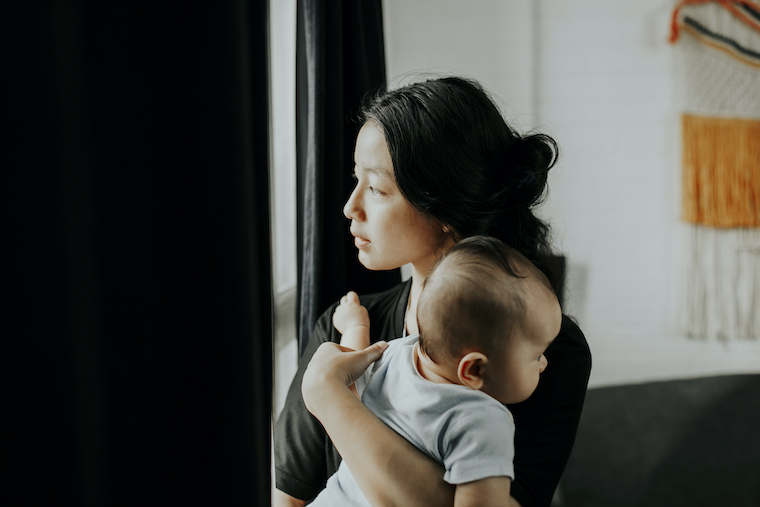A survey of more than 1.1 million moms worldwide has shed light on who is most at risk for postpartum depression.
The risk is highest among first-time mothers, mothers younger than 25 years old and mothers of twins, according to the survey, which was conducted by us, Johns Hopkins and Flo Health, the maker of an app for tracking periods and the menstrual cycle.
It's important to understand the risk factors for postpartum depression because of the potential health effects on both mothers and their children. Women are twice as likely as men to experience depression during their childbearing years; they're also at increased risk of experiencing major depression after giving birth.
Children of women who experience postpartum depression, meanwhile, are more likely to develop major depression and other psychiatric disorders. Having a mother who experiences postpartum depression is also associated with developmental challenges, including lower IQs and slower language development, the researchers note.
“Most women with postpartum depression are not diagnosed or treated. Clinicians caring for new mothers can be aware of factors like age, first pregnancy and twin pregnancies that put women at a higher risk of developing postpartum depression and screen and intervene early,” said Jennifer L. Payne, MD, the study’s senior author and the director of our Reproductive Psychiatry Research Program. “Early intervention can prevent the negative outcomes associated with postpartum depression for both mothers and their children.”
The percentage of women self-reporting postpartum depression symptoms was highest among 18- to 24-year-olds, at 10%. The rate then steadily declined by age, dropping to 6.5% for 35- to 39-year-olds, before increasing slightly to 6.9% among moms 40 and older. First-time moms were significantly more likely to report depression than women who had previously had children.
Rates of depression were also higher among women who had twins. Of that group, 11.3% reported experiencing postpartum depression, compared with 8.3% of moms of a single child. This difference was particularly pronounced among twin moms 40 and older, with 15% reporting postpartum depression symptoms, compared with 6.6% of mothers of one baby.
Women older than 40 having twins are at “markedly high risk” for postpartum depression, the researchers warn.
The survey found no significant difference in the rates of postpartum depression between mothers of boys or girls.
